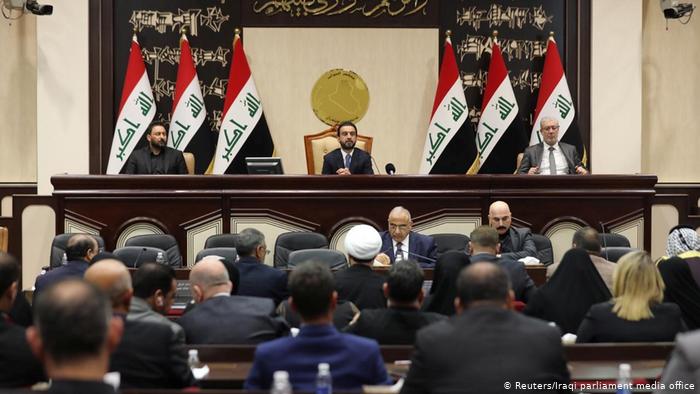Ever heard of an organization called U.S. Ukraine Foundation? The organization has Directors and and Advisory Board that lobbies Congress and does a good job at that apparently. The organization calls itself a ‘do-tank’ with headquarters in Washington DC., that works for fostering a legitimate human rights, democratic government that enhances Ukraine’s stability and place in the community of nations.
After Russia invaded Ukraine five years ago, reliance of monetary and military aid to Ukraine has been critical to fight back against Russian aggression on several fronts. Since 1992, the United States has given Ukraine more than $7.2 billion from many domestic agencies that include: the Department of Defense, USAID, Energy, Agriculture, Justice and Commerce. Smaller U.S. agencies have also been quite involved in Ukraine including Peace Corps. All these resources are to ‘bolster civil society supporting the reform process where anti-corruption is a priority.
USAID, which operates under the U.S. State Department manages all assistance programs for Ukraine shoring up vulnerabilities of the country. Ukraine obviously does need help but control and oversight of U.S. assistance is tantamount. Seems since the Obama administration, it had none.
There actually is a USAID audit report for Ukraine found here.

Impeachment is hardly deserved and below proves that fact. Gotta wonder what the real posture of Col. Vindman actually was. Further, did anyone in Congress go back and read congressional records as they related to Ukraine or tap the State Department, Ukraine desk for a summary of diplomatic efforts including corruption and what our own Justice Department or FBI did and is doing still for the benefit of Ukraine? Ah perhaps Lev Parnas is part of that eh?
Published on the website for this organization is the following in part:
The Ukrainian American community and other friends of Ukraine have long advocated for U.S. government aid and for a few years in the mid-1990s, under the Clinton administration, Ukraine was one of our largest recipients of bilateral aid. Some readers may recall that the current Senate majority leader, Mitch McConnell, championed Ukraine assistance in his capacity as chairman of the relevant appropriations subcommittee, and was sometimes referred to as “Mr. Ukraine” at the time. He enjoyed bipartisan support back then, and, thankfully, assistance to Ukraine continues to enjoy strong bipartisan support to this day, despite the difficult budget climate.
U.S. assistance, which increased substantially following Russia’s invasion, was backed by the Obama administration and funded by Congress. With the proposed severe cuts in foreign assistance called for by the Trump administration, there were fears that Ukraine aid, too, would be affected. Based on my sources, it looks as if assistance to Ukraine for Fiscal Year 2018 will most likely be maintained at levels similar to the last two fiscal years – underscoring the importance that the United States attaches to Ukraine. And while there is always room for improvement in how it is implemented, U.S. assistance has been substantial and vital to Ukraine – a good use of taxpayer money. Friends of Ukraine, including the Ukrainian American community, need to make sure that this practical, consequential support for Ukraine remains a priority for the United States.
The importance of those two paragraphs is the fact that President Trump questioned foreign aid to Ukraine long before the phone call with the newly elected Ukraine president Zelensky, in fact going back to the summer of 2018. When President Trump inquired what other countries were doing on behalf of Ukraine was and is the right question then and now. It is no wonder aid was held given facts, context, conditions and future plans and estimates for the country.
 August 2018: Members of the Friends of Ukraine Network (FOUN), the Ukrainian-American community, the U.S.-Ukraine Foundation and other supporters of Ukraine met on August 7th to discuss pending and future legislative action on Capitol Hill regarding Ukraine.
August 2018: Members of the Friends of Ukraine Network (FOUN), the Ukrainian-American community, the U.S.-Ukraine Foundation and other supporters of Ukraine met on August 7th to discuss pending and future legislative action on Capitol Hill regarding Ukraine.
The lobbying on The Hill went into overdrive and members of Congress visited by members of the organization clearly know/knew of all conditions in Ukraine and how sending U.S. taxpayers dollars to the struggling country should be circumspect because of human-trafficking, financial corruption, military hostilities and Ukraine military doctrine effectiveness along with split loyalties within the Ukraine government, security challenges and reforms across the board.





